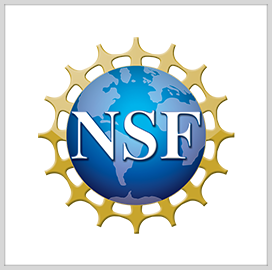The National Science Foundation has awarded over $6 million in research funding across seven projects to advance digital twin technologies for biomedical applications.
The grants will help develop mathematical models for virtual clinical trials of cardiovascular medical devices and statistical tools for analyzing ethical artificial intelligence use, NSF said Thursday.
The effort will also explore digital twin-based studies of neurodegenerative diseases and AI-informed decision-making linked to glucose metabolism in diabetic people, the agency added.
The fundings are provided through the Foundations for Digital Twins as Catalyzers of Biomedical Technological Innovation program, established to develop digital twin models with AI capabilities.
A collaborative effort involving NSF, the National Institutes of Health and the Food and Drug Administration, the program also promotes innovations in mathematics, statistics, computational sciences and engineering to support digital twin development.
According to Yulia Gel, program director of the NSF Division of Mathematical Sciences, digital twins can potentially eliminate the medical risks in patient monitoring and treatment.
“Real-world use of these complex models could streamline clinical trials for safer development of drugs and medical devices,” Gel noted.

On Dec. 11, the Potomac Officers Club’s 2024 Healthcare Summit will explore the trends and innovations shaping the future of the healthcare sector. Industry leaders and experts will discuss critical issues, such as the rise of artificial intelligence and the future of healthcare delivery models. Register now to attend this important event!





